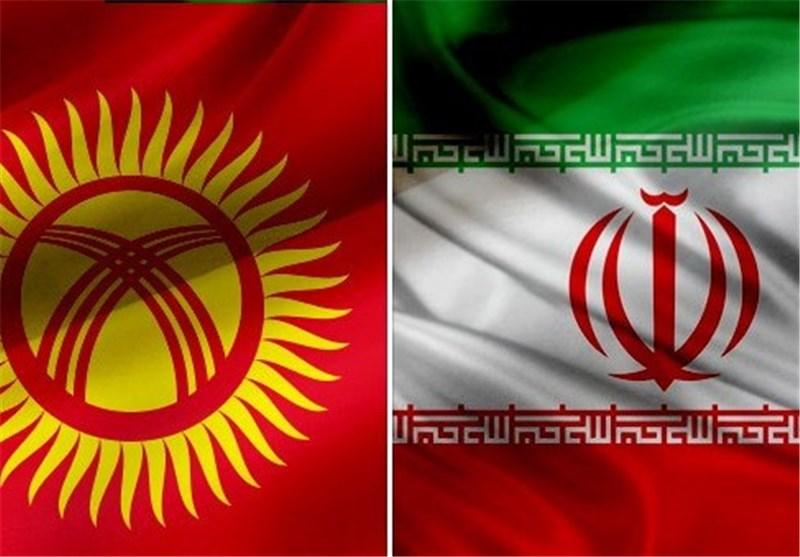Iran may begin to supply oil products to Kyrgyzstan

By Abdul Kerimkhanov
Iran is trying to organize the supply of petroleum products to Kyrgyzstan, in particular, fuel oil, Iranian Ambassador Ali Mojtab Ruzbehani said at a press conference on January 31.
He also reported on Iran’s interest in creating joint ventures in Kyrgyzstan.
Summing up, the diplomat noted that despite the exhibitions of Iranian companies’ goods that are constantly taking place in the Kyrgyz capital, there is a decline in imports of products from Iran to Kyrgyzstan.
Kyrgyzstan imports monthly from 70,000 to 100,000 tons of fuel and lubricants. At the same time, the republic’s need for gasoline and diesel fuel is 90 percent covered by supplies from Russia and Kazakhstan. The remaining 10 percent is produced by local refineries.
The annual volume of trade between Kyrgyzstan and Iran does not exceed $ 23 million per year, most of which is the import of Iranian goods - building materials, chemical products, food and clothing. Kyrgyzstan supplies meat, beans and other agricultural products to Iran.
Diplomatic relations between Kyrgyzstan and Iran were established on May 10, 1992.
Today, Iran is among the five leading oil states of the world. National Iranian Oil Company (Sharkat Malli Naft Iran) almost entirely controls the oil part of the Iranian economy. Oil production and refining are carried out through subsidiaries.
All Iranian oil is concentrated in the oil and gas basin of the Persian Gulf. Analysts consider, Iran is provided with oil for more than 80 years at the current level of production.
On November 2, Washington announced that it would grant eight countries permission to buy Iranian oil when imposing sanctions on Tehran from November 5 to 180 days without the possibility of extending this period.
On November 4, 2018, the U.S. re-imposed all remaining secondary sanctions on Iran that were previously lifted under the Joint Comprehensive Plan of Action (JCPOA). This is the final action required to re-impose Iranian sanctions since President Trump's May 8, 2018 announcement of the U.S. withdrawal from the JCPOA. The U.S. initially imposed certain sanctions on August 7, 2018.
These sanctions were imposed on Iran's port operators and shipping and shipbuilding sectors, on petroleum-related transactions with the National Iranian Oil Company (NIOC), Naftiran Intertrade Company (NICO), and the Central Bank of Iran, on transactions by foreign financial institutions (FFIs) with the Central Bank of Iran, on the provision of specialized financial messaging services to the CBI and Iranian financial institutions, on the provision of underwriting services, insurance, or reinsurance and on Iran's energy sector.
---
Abdul Kerimkhanov is AzerNews’ staff journalist, follow him on Twitter: @AbdulKerim94
Follow us on Twitter @AzerNewsAz
